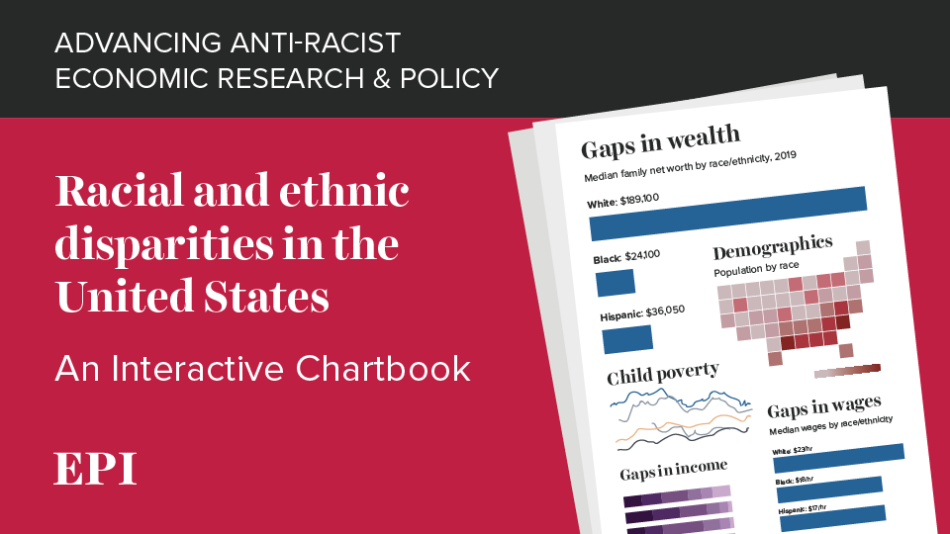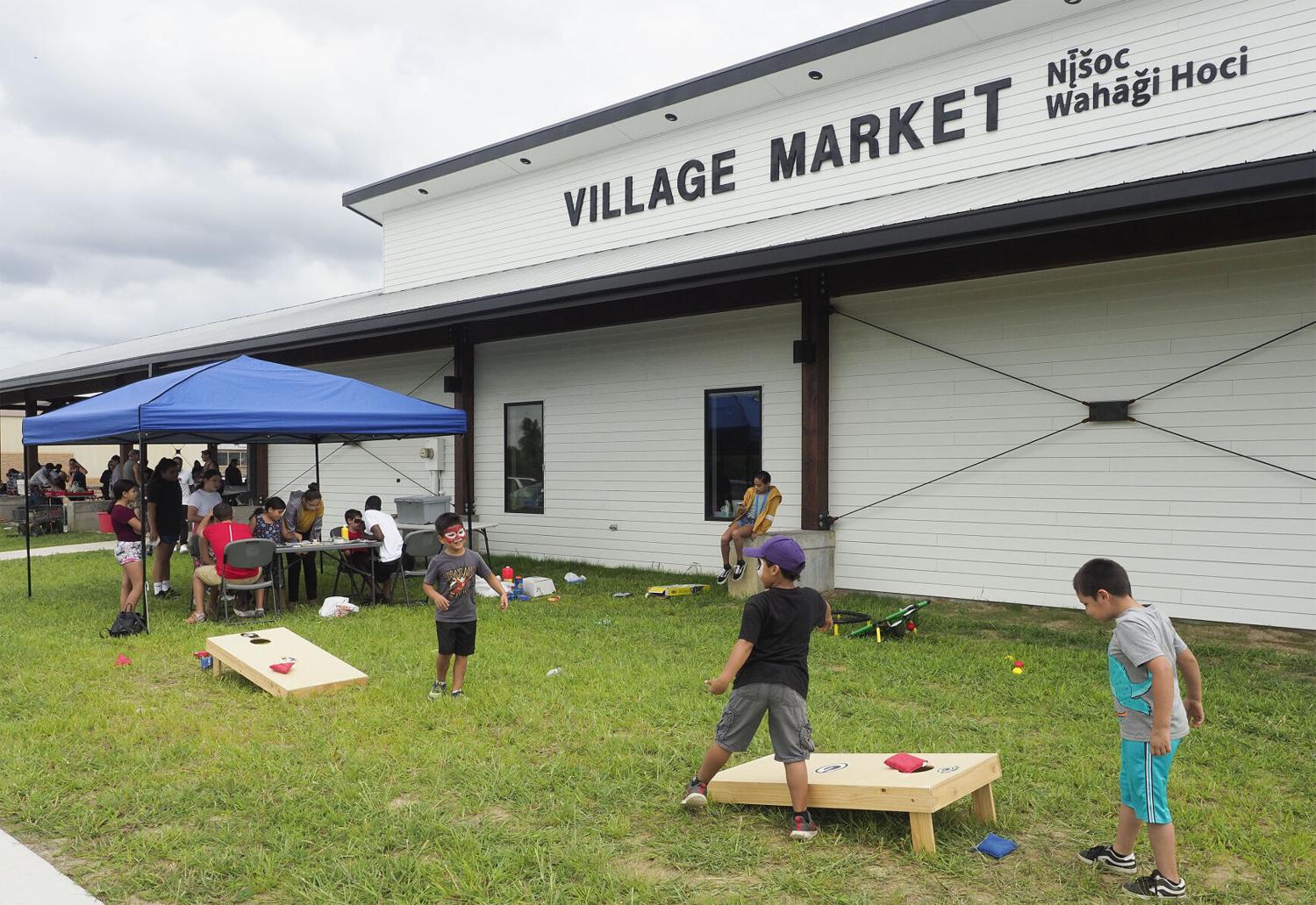



In a recent report from Greater Dakota News Service, the health barriers faced by South Dakota's Native American population are highlighted as a 'double whammy' of challenges. Despite a 68% increase in funding for the Indian Health Service (I-H-S) over the past decade, the agency remains significantly underfunded. In 2021, life expectancy for Native Americans was reported at just over 65 years, which is 11 years less than that of non-Hispanic whites [8753b868].
Damon Leader Charge, the former Tribal Health Administrator for the Rosebud Sioux Tribe, emphasized the logistical difficulties many Native Americans face in accessing I-H-S services, often requiring extensive travel—up to 90 miles for childbirth. This highlights the geographical and infrastructural barriers that exacerbate health disparities within these communities [8753b868].
DenYelle Kenyon from the University of South Dakota’s Sanford School of Medicine pointed out the necessity for multi-faceted solutions that address health equity and the social determinants of health. The need for comprehensive strategies is critical in overcoming the systemic issues that contribute to these health disparities [8753b868].
This situation is further complicated by the economic challenges faced by Native American communities, as noted in the Economic Policy Institute's recent findings on poverty and income inequality among American Indian and Alaska Native populations. The EPI's report indicated that AIAN households experience a poverty rate of 20.9%, significantly higher than the national average of 10% [42388ec4].
While some tribal economies, like that of the Winnebago Tribe, have shown growth, with median incomes rising by 78% since 1990, the overall economic landscape remains fraught with challenges. Many Native Americans still earn significantly less than their white counterparts, which compounds the difficulties in accessing quality healthcare [a1039951][dcdb4fea].
In summary, the intersection of health and economic disparities presents a complex challenge for South Dakota's Native populations, necessitating targeted policy interventions and community support to foster equitable health outcomes [8753b868][a1039951][dcdb4fea][42388ec4].